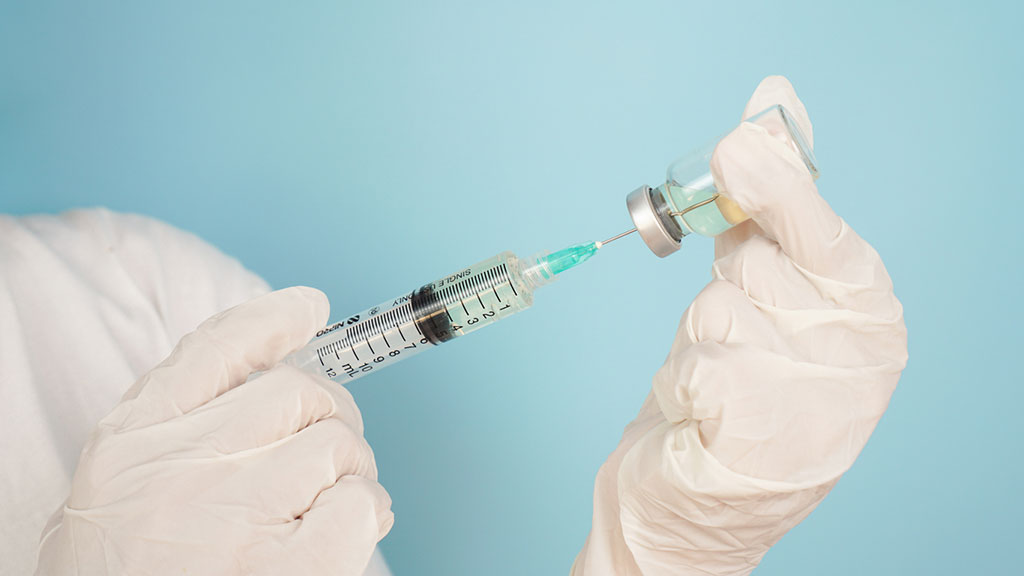The GLP-1 regulatory landscape has shifted for compounding pharmacies and understanding the current environment is essential for the health of these businesses. If your business offers compounded versions of semaglutide or tirzepatide, you are operating in a regulatory environment that has changed dramatically over the past few months.
The Marilyn Monroe Dress Demand
It wasn’t long ago that compounding pharmacies played a critical role in bridging the supply gaps for GLP-1 medications. While approval for the treatment of Type 2 diabetes contributed to the supply shortages, the promise of effortless weight loss, both on and off-label, also skyrocketed demand.
As the pharmaceutical supply chain struggled to keep pace, pharmacies stepped up and provided compounded alternatives when FDA-approved products weren’t available. Regulators largely permitted the practice under temporary shortage allowances to meet consumer and patient demand, but not any more.
The shortages are officially over.
In December 2024, the FDA removed tirzepatide from the shortage list. Semaglutide followed in February 2025. Compounding these drugs is no longer as simple as filling a gap in the market. Today, pharmacies must meet much stricter standards to avoid risking serious consequences.
Under the new rules, 503A pharmacies can only compound semaglutide and tirzepatide if they can prove that each formulation meets a patient’s legitimate, documented clinical need that cannot be satisfied by a commercially available, FDA-approved product. In other words, compounded drugs cannot be "essentially copies" of the original medication unless a meaningful clinical difference — not lower price or convenience — can be clearly demonstrated.
Additionally, it's important to note the FDA has implemented enforcement timelines to ensure adequate patient care is not disrupted. For 503A pharmacies, compounded tirzepatide and semaglutide production must have stopped by March 5, 2025 and April 24, 2025, respectively. These dates are not suggestions. They are hard cutoffs and missing them could trigger FDA enforcement actions..
Unauthorized compounding is just a small piece of the compliance story.
The bigger picture is about how pharmacies manage their entire GLP-1 business moving forward.
By working with LegitScript, pharmacies can help demonstrate to patients, regulators, and partners that they are committed to operating with the highest standards of integrity and transparency. Certification isn’t just a seal of approval; it’s a strategic advantage in a market where trust has never mattered more.




